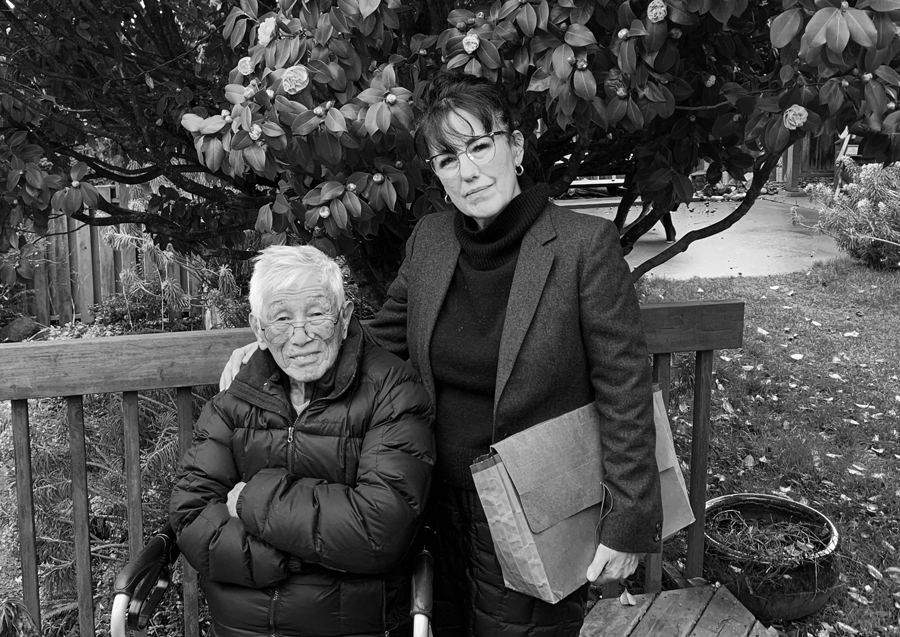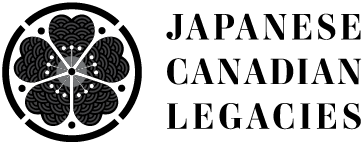JC Legacies Update February

With the heart and purpose of honouring our elders past and present, we support programs which range from the Survivors Fund, which directly provides health support to our elders (jcwellness.org), to the Community Fund, which invests in the future of the community (jclegaciesfund.com).
With the closing of the Arts stream on January 31, Community Fund streams have closed and have either been announced or are the process of being assessed. Community Fund and Scholarship Intake 2 recipients are announced in the following pages. In mid-February we will be announcing the recipients of the Infrastructure, Sports, and Intergenerational Wellness streams.
Thank you once again to the applicants from across the country who have engaged so meaningfully with the Community Fund.
We are pleased to announce that a number of streams will open for second intakes. We are in the process of reviewing all programs and finalizing details. Stay tuned for upcoming announcements and details.
A second Intergenerational Wellness intake will open for applications on March 31. Please sign up to our newsletter (jclegacies.com/contact) for upcoming details.
Monument Dream to Become a Lasting National Legacy
In 1942 the BC government advocated for the forced uprooting and displacement of all coastal-dwelling persons of Japanese descent. Overnight, entire communities vanished. The Landscapes of Injustice project brought national attention to community records in which 14,500 case files were digitized. That database gave rise in turn to the idea of creating a monument database project, collecting and displaying a list of names according to the individual’s place of origin in BC.
Work to make the monument a lasting legacy for thousands of Japanese Canadians has been a four-year journey of community engagement. In 2019 the NAJC BC Redress team conducted community consultations across Canada, asking the question ‘what should the BC Government do to recognize and apologize for the wartime treatment of Japanese Canadians?’ We thank the team of Maryka Omatsu, Art Miki, Judy Hanazawa, Lynn Deutscher Kobayashi, Kevin Okabe, Eiko Eby, and Les Kojima for the early NAJC community consultations.
Looking at data, and through many subsequent community engagements, we found significant support for a national recognition monument. In 2020, under the auspices of BC Redress, a six-pillar framework was written for the BC Government, including the monument as a key pillar – a wall of names to honour the 22,000 uprooted, displaced, and dispossessed individuals, most of whom are deceased.
The idea of giving names and places of origin to those who suffered from government actions of the 1940s was met with approval across the country, in particular from displaced families who felt forgotten and left out of the narrative of community centres.
Stewart Monumental Works in Victoria calculated the rough area of wall space needed to contain the names based on average character numbers of Japanese Canadian names and, together with BC Government staff, helped us find a location in Victoria near the Legislative precinct. Consultant Jack Kobayashi performed pre-design services for preliminary costing.
The location will be a meditative park, accessible to all, including local residents, and surrounded by a low profile wall of names of Japanese Canadians organized according to place of origin.
The names on the wall will be subdued but discoverable and accessible to the human touch for rubbings and connection with the past. Children and their parents and grandparents will be able to visit and locate the family names, then cross-reference them on a digital database locator.
“The dream and vision for the monument is that it will envelope the origin story of Japanese Canadians who settled in cities, towns, and villages, primarily along the coast. The tactile names on the wall will help to recognize individuals and families and where they lived before the forced uprooting, seizure and forced sale of assets, incarceration, internment, permanent dispossession, and two waves of displacement. We hope there will be a digital version of this project wherein people can search for the names and where they are situated on the monument.” – Susanne Tabata, CEO JC Legacies Society
Our project could not have been possible without Michael Abe, who in January 2023, was seconded from the upcoming Past Wrongs Future Choices research project at the University of Victoria for one year. Mike took the lead in disambiguating names from 14,500 community records case files digitized by the Landscapes of Injustice project. We also thank Maureen Bird, Stewart Arneil, Martin Holmes, Natsuki Abe, Aya Timmer, Megan Koyanagi, Sakura Taji, Kikuye Inouye, and Stacey Inouye for their work on the database.
The Monument Database team created a new list of Japanese Canadians based on the place of origin in BC of each individual. Visit hcmc.uvic.ca/project/monument to review your family’s names and send in corrections if needed. The list will be open until June 30.
The RFP will be issued by the Province this spring.
